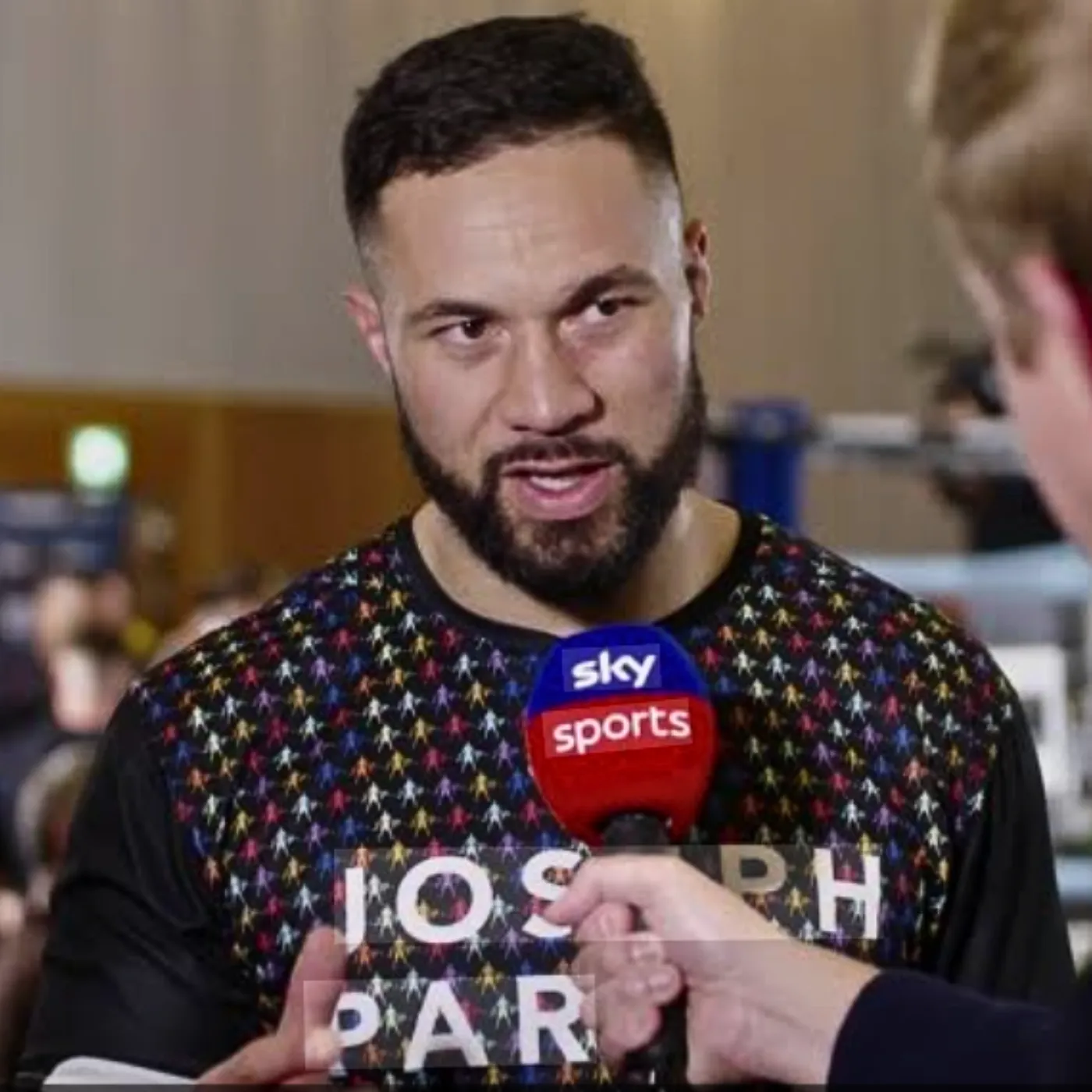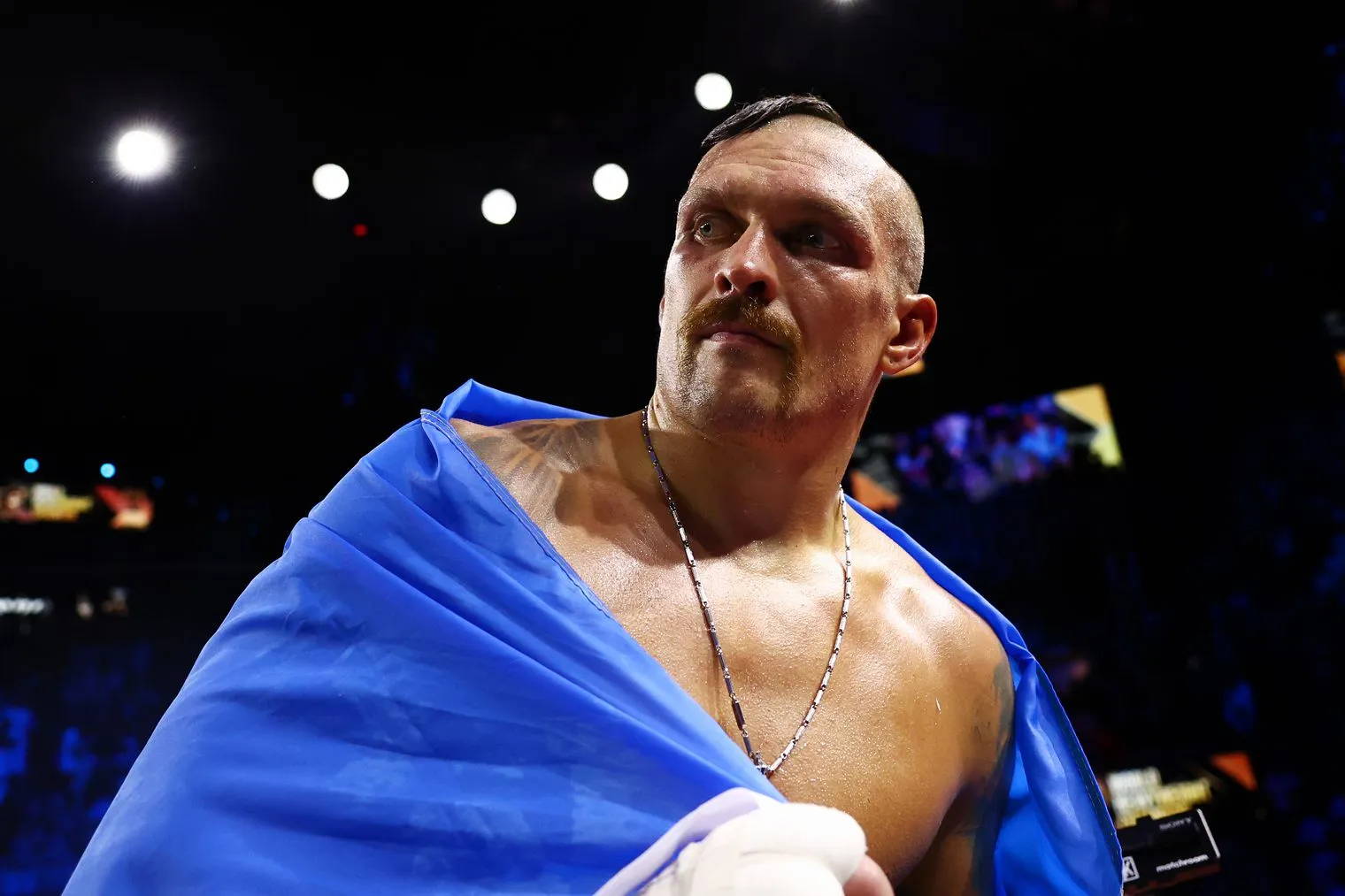
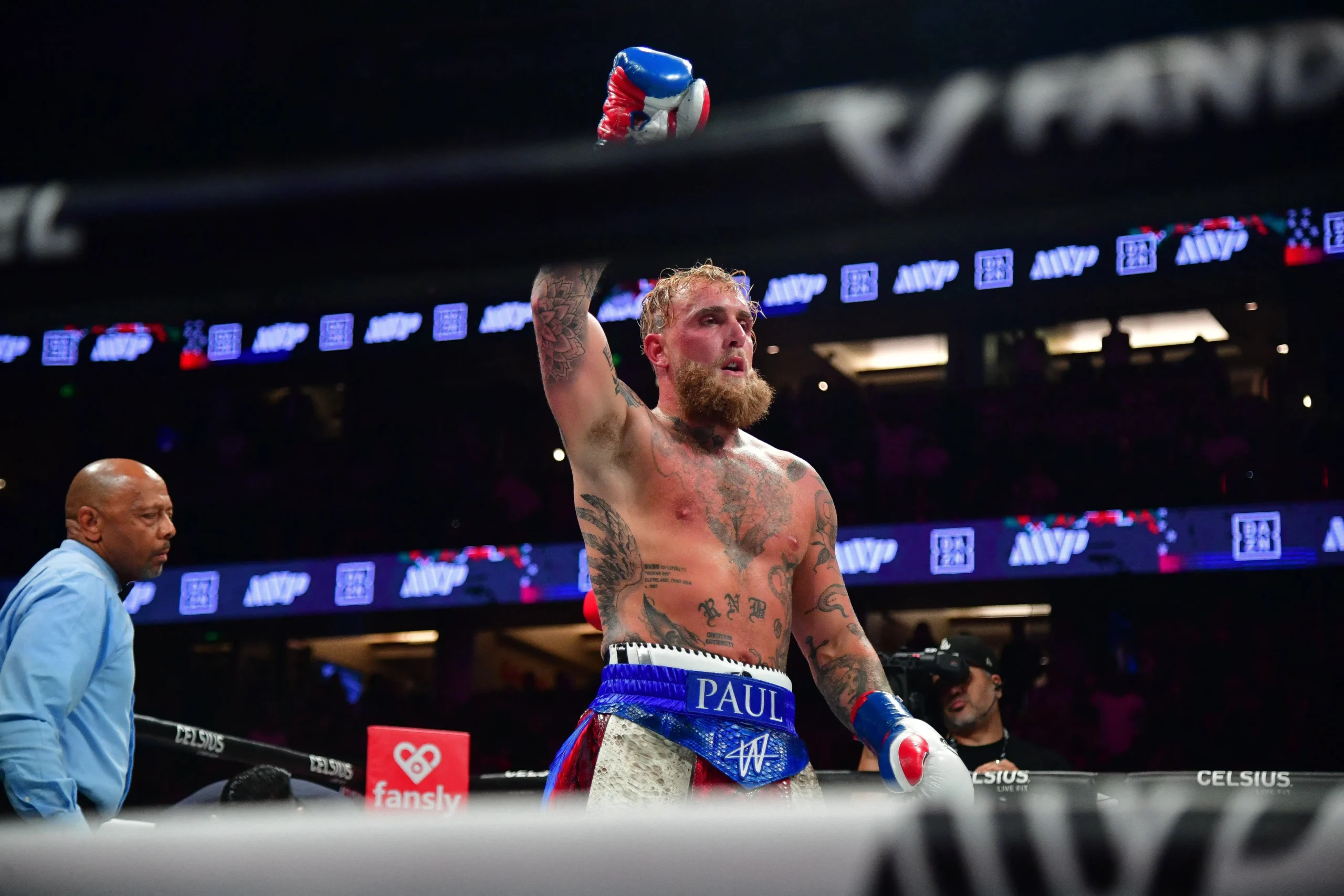
How much did Jake Paul pocket after fighting Julio César Chávez Jr.
Jake Paul’s victory over Julio César Chávez Jr. has sent shockwaves through the boxing world. From heated fan reactions to eye-catching revenue numbers, this fight is sparking debates about the legitimacy of influencer boxing and its growing role in shaping the sport’s future on a global stage.
Jake Paul’s Earnings Revealed: The Huge Payout from His Fight with Julio César Chávez Jr.
Jake Paul’s latest clash with Julio César Chávez Jr. was not just about proving himself inside the ring — it was also a financial triumph. Reports suggest that Paul walked away with a massive payday, fueled by both fight purse and an impressive share of pay-per-view revenue. While the exact figure is still debated, estimates point to earnings in the multi-million dollar range, solidifying his status as one of the highest-paid figures in modern boxing entertainment. Beyond the money, what stands out is how Paul has turned his influencer background into a business model that rivals traditional fighters, drawing audiences from both boxing purists and casual fans. His ability to generate hype, pack arenas, and dominate online discussions makes every fight a marketing phenomenon. This latest payout doesn’t just reflect Paul’s star power — it signals how influencer boxing has reshaped the financial landscape of the sport, forcing promoters and traditional boxers alike to rethink what truly drives revenue in the modern era.
A Fight That Stirred the Boxing World
Jake Paul’s victory over Julio César Chávez Jr. was not just another fight in the growing catalog of influencer boxing events—it was a moment that forced the boxing world to pay attention. While some fans celebrated Paul’s triumph as validation of his evolution from YouTuber to legitimate fighter, others dismissed it as another chapter in the spectacle-driven rise of entertainment boxing. Regardless of the opinion, one fact is clear: the fight ignited debates, drove huge audiences, and once again blurred the line between traditional boxing and influencer-driven spectacles.
This article dives into the community reactions, compares the fight’s business metrics with major boxing events, and analyzes its broader impact on the future of influencer boxing.
Community Reactions: Fans and Boxing Purists Collide
Mixed Emotions Across the Boxing Landscape
The immediate aftermath of Jake Paul’s victory was a digital storm. Social media platforms like Twitter (X), Instagram, and TikTok were flooded with contrasting reactions.
-
Supporters praised Paul’s stamina, discipline, and tactical improvements, arguing that defeating a seasoned fighter like Chávez Jr. cemented his status as more than a celebrity boxer.
-
Critics accused Chávez Jr. of underperforming, questioning the legitimacy of the fight and dismissing Paul’s victory as a well-marketed stunt.
The result reignited the old debate: Should influencer boxers be recognized alongside professionals who spent their entire lives in gyms and amateur tournaments?
Traditional Boxing Voices Speak Out
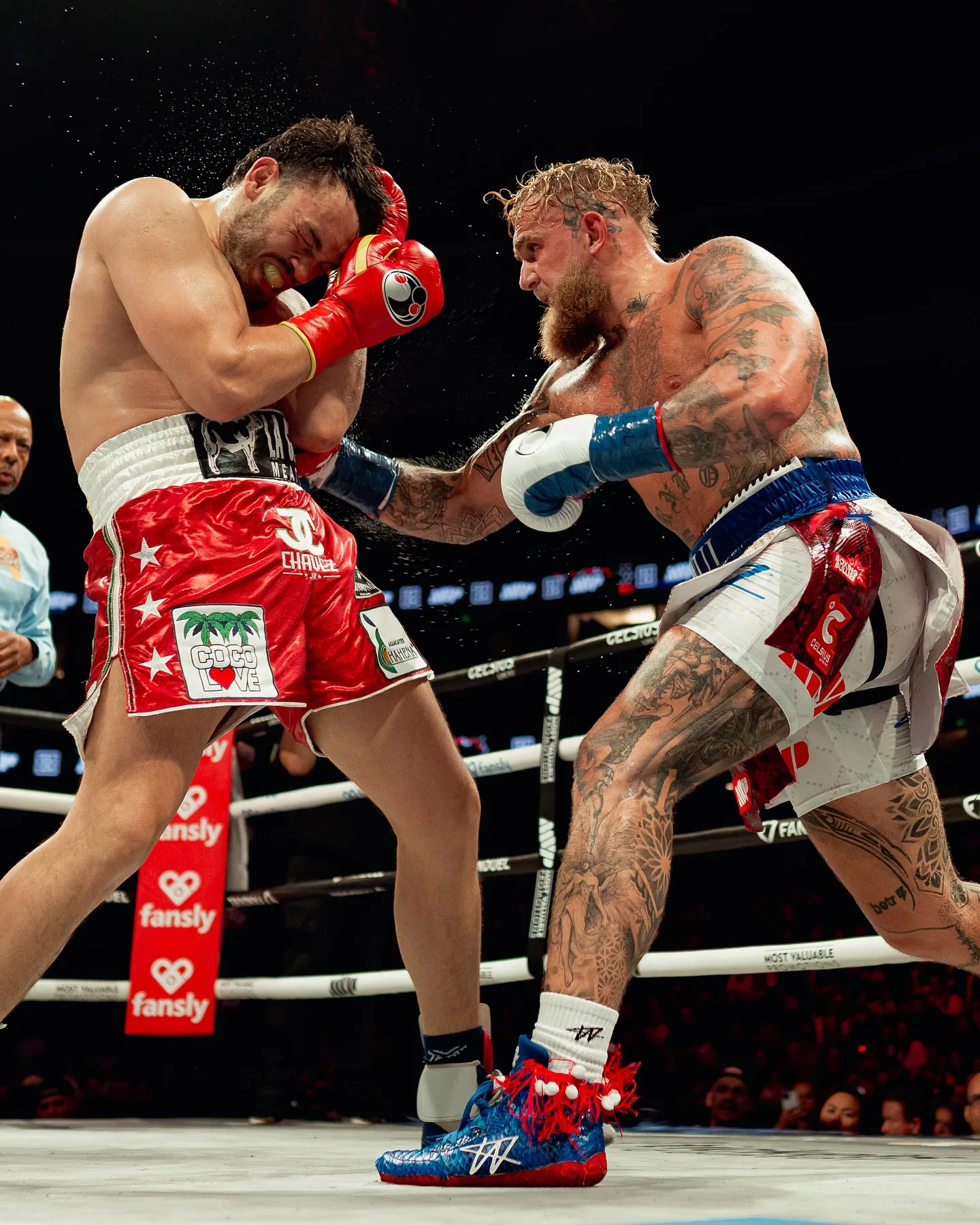
Well-known boxing figures had split opinions:
-
Mike Tyson, who has previously supported Jake Paul, emphasized the importance of drawing new audiences into the sport: “Whether you like him or not, he’s bringing eyes to boxing.”
-
Oscar De La Hoya, on the other hand, downplayed the significance of the win, suggesting that Paul still hasn’t fought a truly elite opponent in his prime.
-
Eddie Hearn, a leading promoter, recognized the marketing genius but remained cautious about labeling Paul a future champion.
Fan Culture and Memes
Beyond serious debates, fans flooded social media with memes, gifs, and humorous commentary. Some mocked Chávez Jr. for “losing to a YouTuber,” while others celebrated Paul as the disruptor of an old system. This meme culture, whether positive or negative, became a powerful engine in driving post-fight engagement.
Comparing Business Metrics: Paul vs. Major Boxing Events
Pay-Per-View Numbers and Streaming Impact
The Paul vs. Chávez Jr. fight generated impressive PPV sales, reportedly rivaling or surpassing certain championship bouts. While exact figures are still debated, estimates place the PPV buys between 600,000 and 800,000, depending on region.
For comparison:
-
Floyd Mayweather vs. Conor McGregor (2017): 4.3 million buys.
-
Canelo Álvarez vs. Gennady Golovkin II (2018): 1.1 million buys.
-
Tyson Fury vs. Deontay Wilder II (2020): 850,000 buys.
Although Paul’s event did not reach the astronomical levels of Mayweather-McGregor, it undeniably outperformed several high-level championship bouts in recent years.
Social Media Dominance
Another dimension where Jake Paul dominated was digital footprint. Clips of the fight, highlights, and post-fight reactions went viral across TikTok, Instagram, and YouTube. Some videos reached tens of millions of views within 24 hours—far exceeding the digital impact of traditional boxing matches.
In today’s attention economy, visibility often matters more than legacy, and Paul has mastered that formula.
Sponsorship and Brand Deals
The fight attracted sponsorships from both mainstream sports brands and non-traditional companies targeting Gen Z audiences. Energy drink companies, crypto platforms, and fashion brands all jumped on the event, highlighting Jake Paul’s ability to turn a fight into a full-blown media spectacle.
Compared to traditional fights, which rely heavily on established boxing sponsors, Paul’s crossover appeal brought in fresh advertisers—an undeniable advantage for promoters.
The Meaning of the Victory for Influencer Boxing
Influencer Boxing: No Longer a Gimmick?
In the early days of YouTuber boxing, critics dismissed it as a passing fad. But with Jake Paul defeating former champions and drawing consistent audiences, the movement has proven its staying power.
Paul’s win over Chávez Jr. was symbolic: it suggested that influencer boxing could not only entertain but also compete with—and sometimes outshine—traditional matches in business terms.
Path Toward Legitimacy
Each victory edges Jake Paul closer to being viewed as a legitimate professional boxer. If influencer fighters continue to train seriously, attract fans, and secure competitive matches, the boxing establishment may have no choice but to acknowledge them as part of the ecosystem.
However, legitimacy in boxing is a long, winding road. Critics argue that until Paul faces a top-ranked, prime professional, his credibility remains in question.
Impact on Future Matchmaking
The win opens doors for Jake Paul to fight other notable names:
-
Tommy Fury rematch (unfinished rivalry).
-
Anderson Silva II (a bigger spectacle after their first clash).
-
A true ranked professional fighter in his weight class.
Each matchup will test not only his boxing ability but also how far influencer boxing can penetrate the traditional boxing hierarchy.
Entertainment Value vs. Sporting Purity
The Spectacle Argument
One of the strongest criticisms of influencer boxing is that it prioritizes entertainment over sporting purity. Detractors argue that real fighters sacrifice years of hard training, while celebrities parachute into the ring with disproportionate attention and earnings.
However, the entertainment factor cannot be dismissed. Paul’s fights bring in audiences who may have never otherwise watched boxing. For promoters, this influx of new eyeballs translates into revenue, sponsorships, and growth opportunities.
Can Traditional Boxing Compete?
Ironically, influencer boxing has forced traditional promoters to reconsider how they market events. Fights that might once have been ignored now must compete with the viral spectacle of Jake Paul. Legacy fighters with immense skill but little social media presence often struggle to capture public attention in the same way.
In this sense, Paul’s victory was not just over Chávez Jr., but over the old marketing playbook of boxing itself.
Long-Term Impact on Boxing Culture
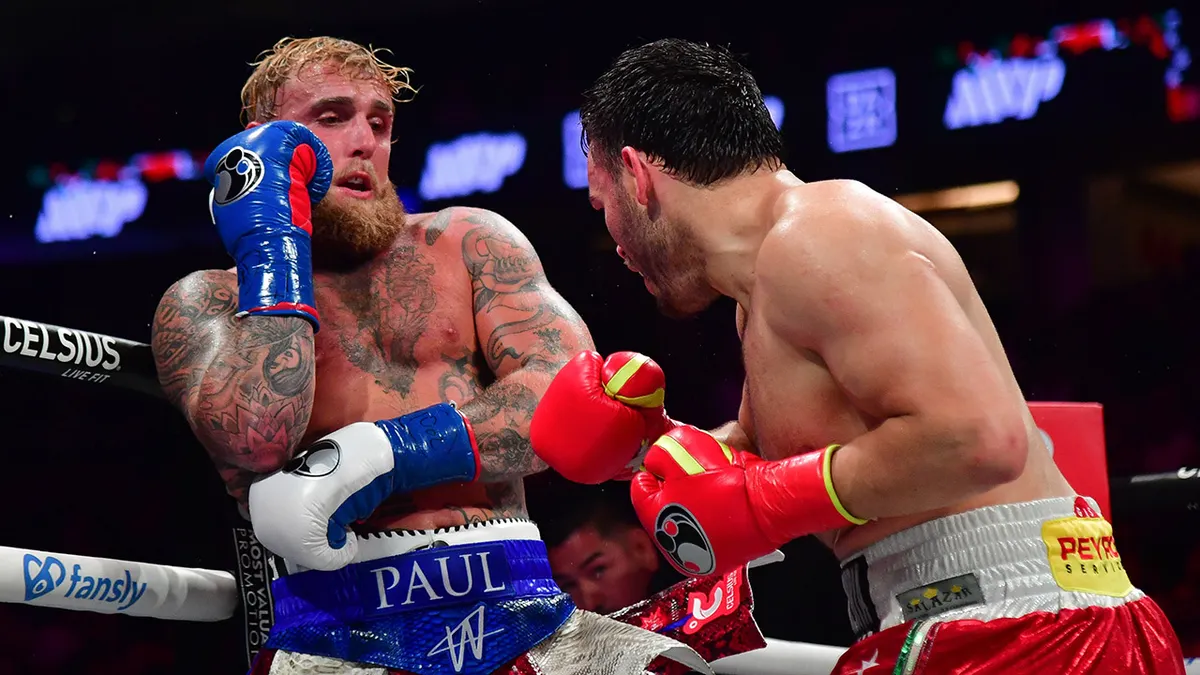
Generational Shift in Viewership
Young fans, especially Gen Z, increasingly consume sports content through short clips, memes, and viral highlights rather than sitting down for an entire pay-per-view broadcast. Jake Paul embodies this shift perfectly—he is both the product and the driver of this cultural change.
Financial Reshaping of the Sport
If influencer boxing continues to deliver huge numbers, it could change how fighters are promoted and paid. Traditional boxers might begin adopting influencer strategies, building personal brands beyond the ring to secure higher earnings.
Threat or Opportunity?
For some, Paul’s rise threatens the purity of boxing; for others, it presents an opportunity to expand the sport’s reach. The truth likely lies somewhere in the middle: influencer boxing won’t replace traditional boxing but will coexist as an alternative model—one driven by entertainment, personality, and new media strategies.
The Future After Paul vs. Chávez Jr.
Jake Paul’s victory over Julio César Chávez Jr. was more than a sporting result—it was a cultural moment. The fight sparked debates among purists and casual fans, drew massive business attention, and signaled that influencer boxing is here to stay.
Whether you love or hate Jake Paul, his impact on boxing is undeniable. His fights force conversations that stretch far beyond the ring: What is the value of legitimacy in modern sports? How much do entertainment and marketability matter compared to skill? And where does the future of boxing lie—in tradition or in transformation?
As Paul eyes future opponents and possibly even a title shot, one thing is certain: boxing will never be quite the same again.









